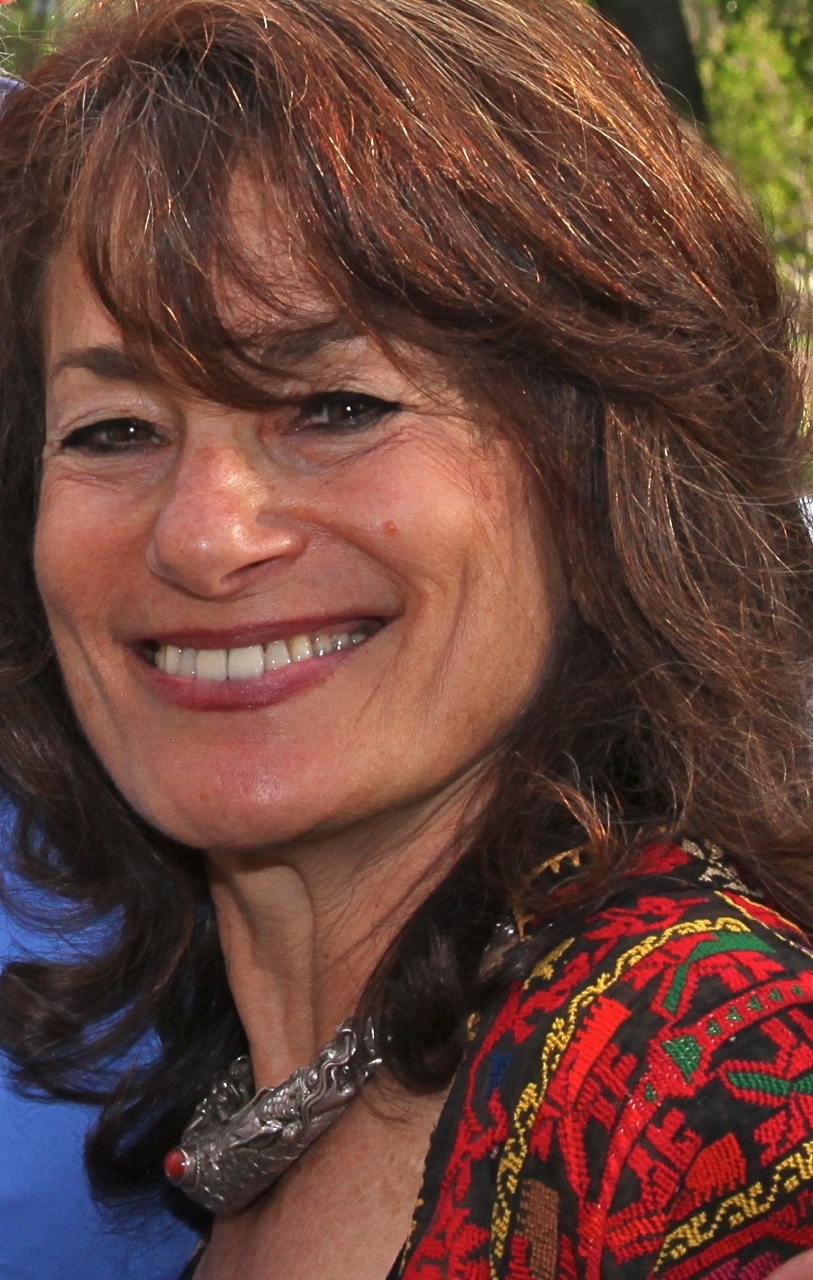Many of us are war-weary and disheartened this week as we open the final book of Torah—Devarim or Deuteronomy. The Rambam called this book Mishneh Torah (repetition of Torah), because so much of it contains Moshe’s retelling of the stories that our ancestors lived out in the 40 years’ walk through the Wilderness. The aged leader wants the new generation to learn about the Spies and the Golden Calf, the attempted mutiny of Korach, and the splintering of faith when Miriam died. “Learn from these mistakes,” Moshe says, “don’t keep repeating them!”
The stories of our ancestors’ foibles that Moshe retells here are understandably human. And it’s not difficult to find our own less-than-stellar character in these tales: the parts of us which are afraid and take refuge in kvetching, doubting, cynicism, and anger. Who among us has not—like our ancestors—resisted God’s gifts or demanded to go back to what is old and familiar? (Even when it meant a return to enslavement and abuse!)
It is in the sad and almost boring repetition of these familiar stories that we meet the sad and almost boring repetition of our own familiar patterns. But this week, Shabbat Chazon begs our attention just as much for our collective patterns. As a people, too, our repetitive patterns seem to be running us, complicated exponentially by those of another traumatized people.
For the third time in the past six years, Israel has launched what might be called an “offensive-defense” on Hamas in Gaza, retaliating for Hamas’ intolerable rockets raining down on Israeli cities. The incessant strikes from Gazan militants, the pounding rockets, and incessant sirens prompt panic in the hearts of Israeli citizens. And they reactivate old cellular memories of Jewish historical trauma.
In return, Israeli leadership attempts—once-again-and-once- and-for-all—to finally uproot Hamas’ weapon supply tunnels and militant strongholds. Unfortunately, we have been here before. The tunnels were built again, the weapons were re-supplied, and the hatred mounts and the cycle continues. Yet we continue to lean on the same military strategy.
As civilian casualties soar and entire families are decimated, as Israeli bombs fall on United Nations schools where Gazan families have taken refuge, and yet another generation of young children are trained in hatred for our people, we must stop and realize: this is a repetitive story with no end in sight, and no lessons learned. We must ask ourselves what part of Einstein’s definition of insanity we do not understand.
Though our parashah is also filled with chronicles of our mythic battles with the native Canaanites—Og in Bashan, Sichon of Cheshbon—all legendarily successful, our contemporary military strategy in the name of the defense of the Jewish people is becoming another kind of legend. Our offensive-defense is proving to be not only unsuccessful but demoralizing to those of us who cherish Jewish principles that elevate life and inspire the vision that all life is sacred; that tell us to seek peace by all means possible, to dignify life at all costs, to be a light within a benighted world.
We must look to other portions of Torah for guidance this week. For we are all in search of a new chazon, a new vision that helps us break the terrible cycle we are in. We may find relief in the vision of Isaiah, who tells us: Dirshu mishpat! Seek justice, relieve the oppressed, judge for the orphan, plead for the widow. (Isa. 1:17) Indeed, there will be much help needed in the aftermath of this war, on both sides.
Before we close Devarim, we hear Moshe’s cries echoing in our ears: Aichah esa levadi? How can I bear this burden on my own? His words insinuate the Aichah lamenations that we will chant at Tisha B’Av next week. But they also hint to us that we who are on the lonely path of defending the sanctity of human life, who struggle to bring awareness to the cycles of trauma and retraumatization that we are caught in, cannot do the work on our own.
We need one another for strength, now more than ever. And we need organizations like T’ruah that unite all of us who work to defend human rights, who struggle for night vision—the ability to see clearly in the midst of war’s darkness—and who still place faith in the teachings in Judaism that shine light, strength, sanity, and hope.
Rabbi Tirzah Firestone is the founding rabbi of Congregation Nevei Kodesh in Boulder, Colorado and a T’ruah board member. She is currently writing a doctoral dissertation on Jewish historical trauma. She was ordained by Reb Zalman Schachter-Shalomi z”l in 1992.


